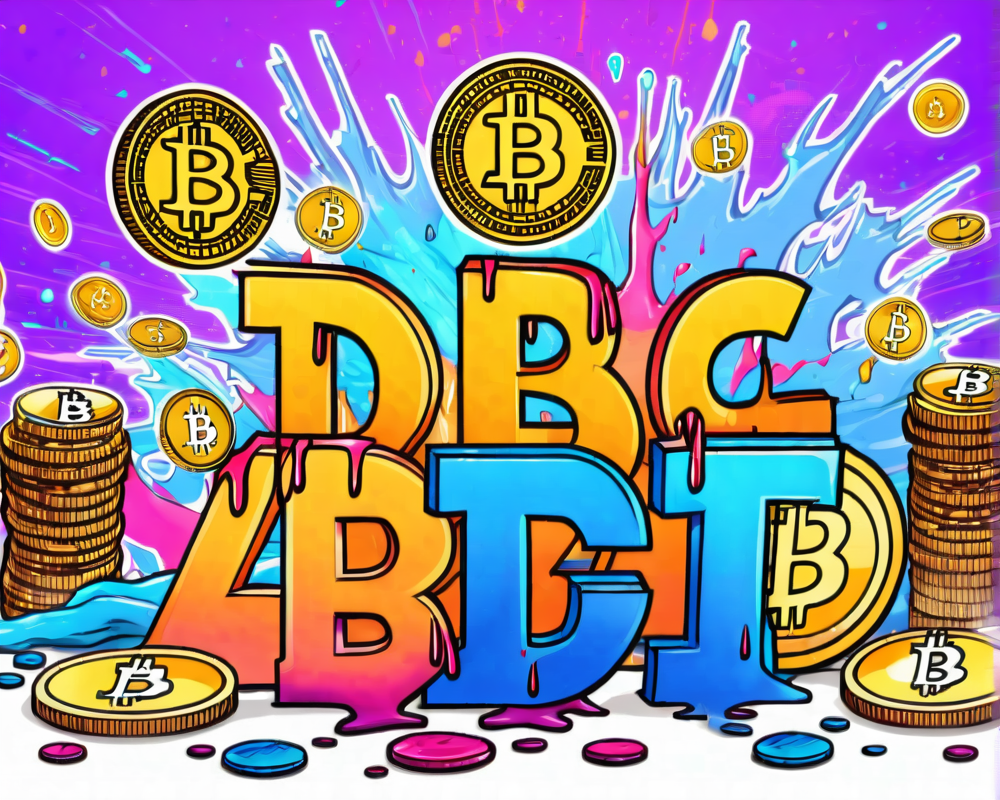The Shifting Sands of China’s Crypto Landscape
China is stepping up its game by passing a law that puts the reins on cryptographic activities starting January 1, 2020. Yes, you heard it right—this isn’t just a casual announcement over tea. It’s a government regulation with a twist that aims to standardize cryptographic techniques while managing sensitive data. Imagine a classroom where everyone gets on the same page for once, but whether that’s a good thing or a bad thing is up for debate.
The Long Road to Regulation
Originally proposed in May, this law initially focused on centralized password management—because everyone wants a tech-savvy librarian, right? But it’s also suspected that the same law will help steer the upcoming Central Bank Digital Currency (CBDC) that’s got the crypto folks buzzing. It feels slightly like a rollercoaster ride in slow motion—you’re sure there’s something thrilling on the horizon, but there’s no real timetable yet!
Blockchain: China’s New Darling
President Xi Jinping’s recent rallying cry to tech enthusiasts emphasizes the urgency of blockchain adoption. During a Politburo Committee session dedicated to blockchain, Xi said, “We must take blockchain as an important breakthrough for independent innovation of core technologies…” Translation: get with the times or get left behind. This push suggests that China is finally ready to embrace the tech they once turned their nose up at—but what’s in it for them?
A Paradigm Shift for Global Crypto
The implications are vast. Daniel Popa, CEO of Anchor, surmises that Xi recognizes blockchain’s role in securing China’s position as a leader in the world of cryptocurrencies and blockchain products. It’s like China is suddenly raising its hand in class, eager to answer, while other countries are still furrowing their brows over what homework they skipped.
Understanding the New Law
So what’s actually in this groundbreaking legislation? Here’s a quick breakdown:
- Core and Common Cryptography: Protecting state secrets is a big deal, and this element discusses tools specifically designed for that.
- Commercial Cryptography: This section tackles systems meant to safeguard commercial information—think of it as the fortress for businesses.
- Legal Liability: And here we have the fine print—the part detailing who’s responsible when things go wrong with non-verified cryptographic services.
What’s the Catch?
Alexey Ermakov goes on to warn that these laws may lead to a scary regulatory hierarchy, putting the government firmly in control. Picture it: a bunch of officials deciding which crypto tokens are worthy—do we hear “Big Brother” looming?
The U.S. Dollar: Feeling the Heat?
The buzz surrounding China’s impending CBDC isn’t just some background noise. Mark Zuckerberg has voiced concerns that this digital currency could disrupt the U.S. dollar’s dominance. His remarks raise eyebrows, and not just because they followed the latest headlines from Facebook’s ongoing saga. Countries are now competing in a digital currency race reminiscent of the Cold War—but instead of nuclear power, we’re talking blockchain!
Rise of Digital Currency
It’s not just a theoretical competition anymore. China seems to be leading the charge, making the rest of the world wonder if they need to ramp up their own currency innovations. The potential power shift could rattle economies, with some experts claiming this is a “Sputnik moment” for the U.S. to revisit its position in global finance.
X Marks the Blockchain Spot
With Xi’s endorsement, the crypto market reacted, as Bitcoin prices saw a dramatic rise. Even critics of government control can’t deny that blockchain tech might just provide a level of transparency previously thought impossible. However, the irony isn’t lost that primarily crypto enthusiasts loathe centralized control—yet here we are, witnessing a push for precise regulations.
The Future: What Lies Ahead?
As China embraces blockchain, the world watches closely. While the U.S. and other countries dither, this could very well be a pivotal point for financial innovation. The stakes are high, and everyone just might need to update their game plans.



